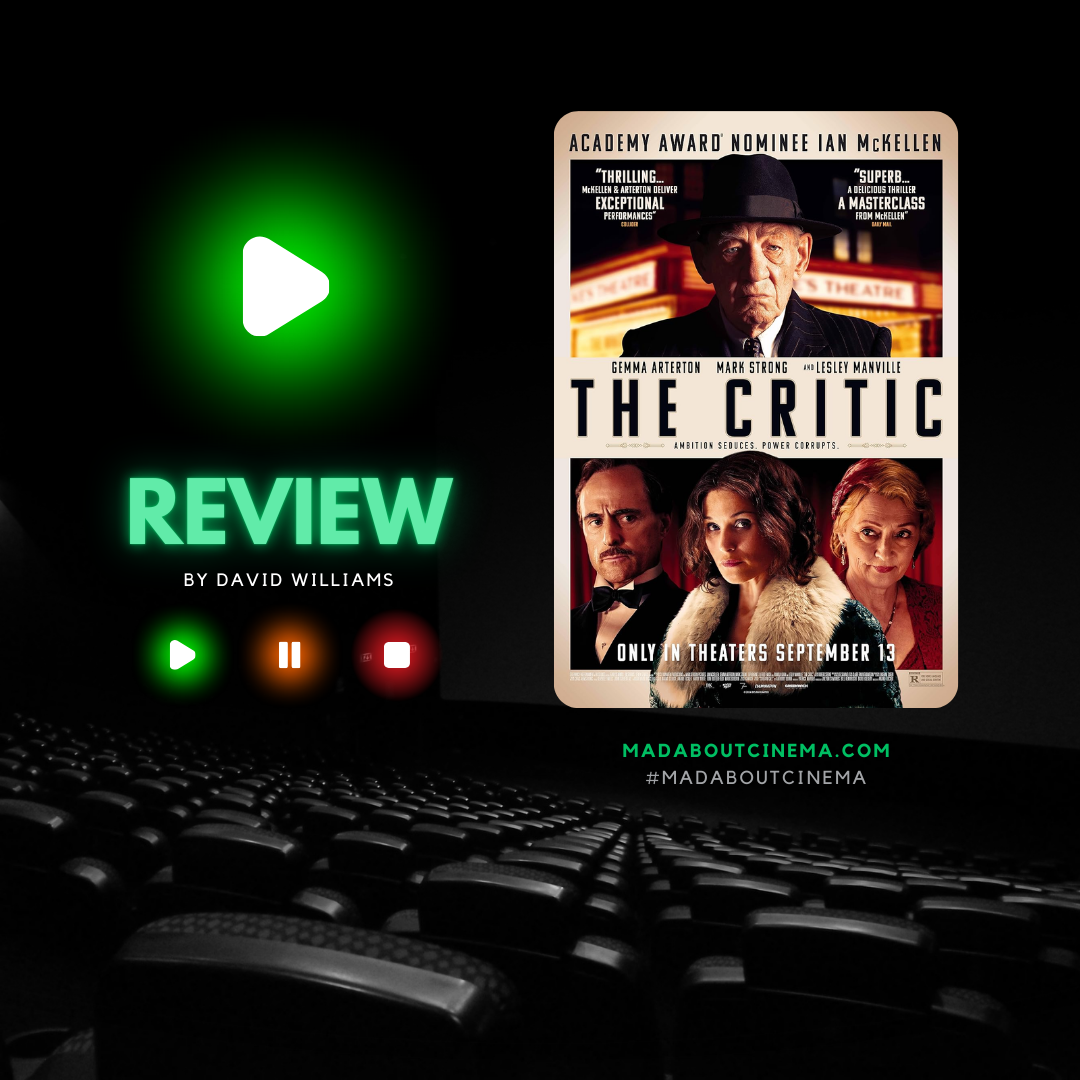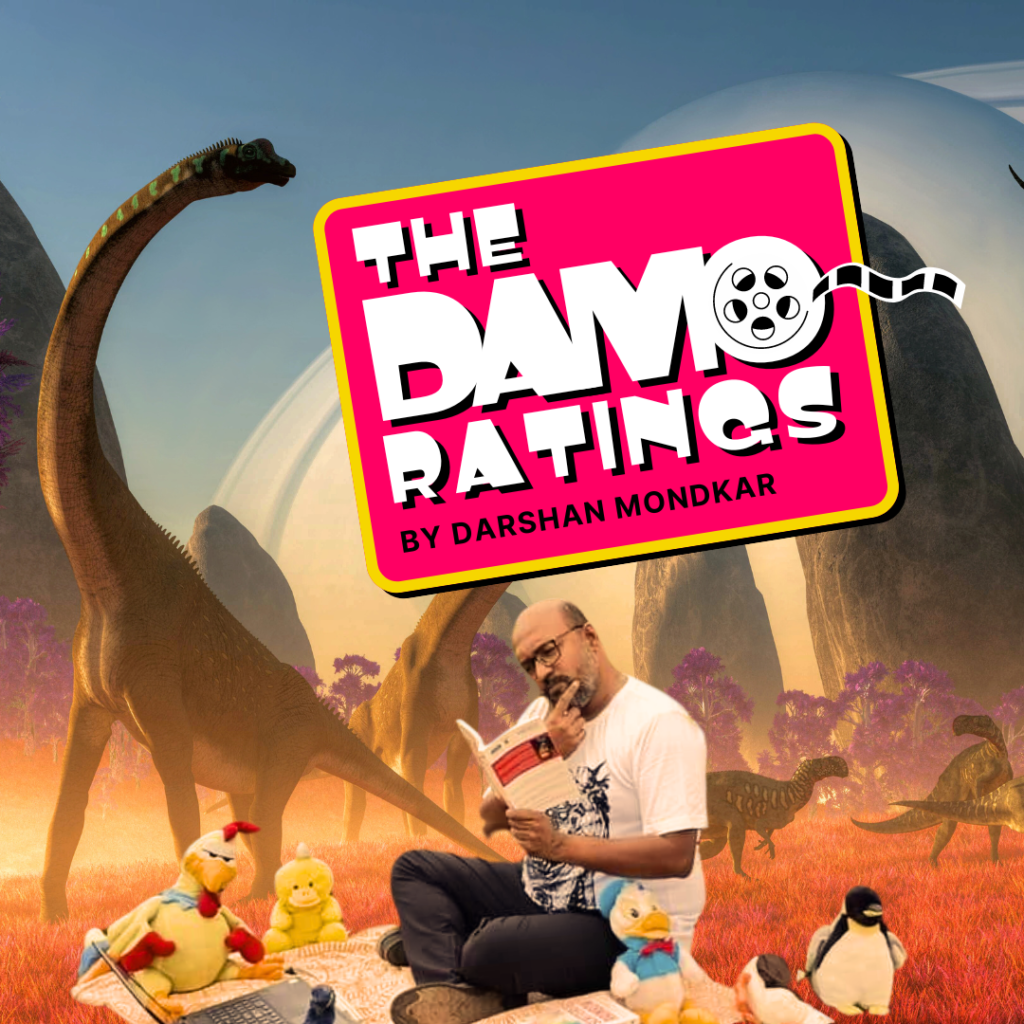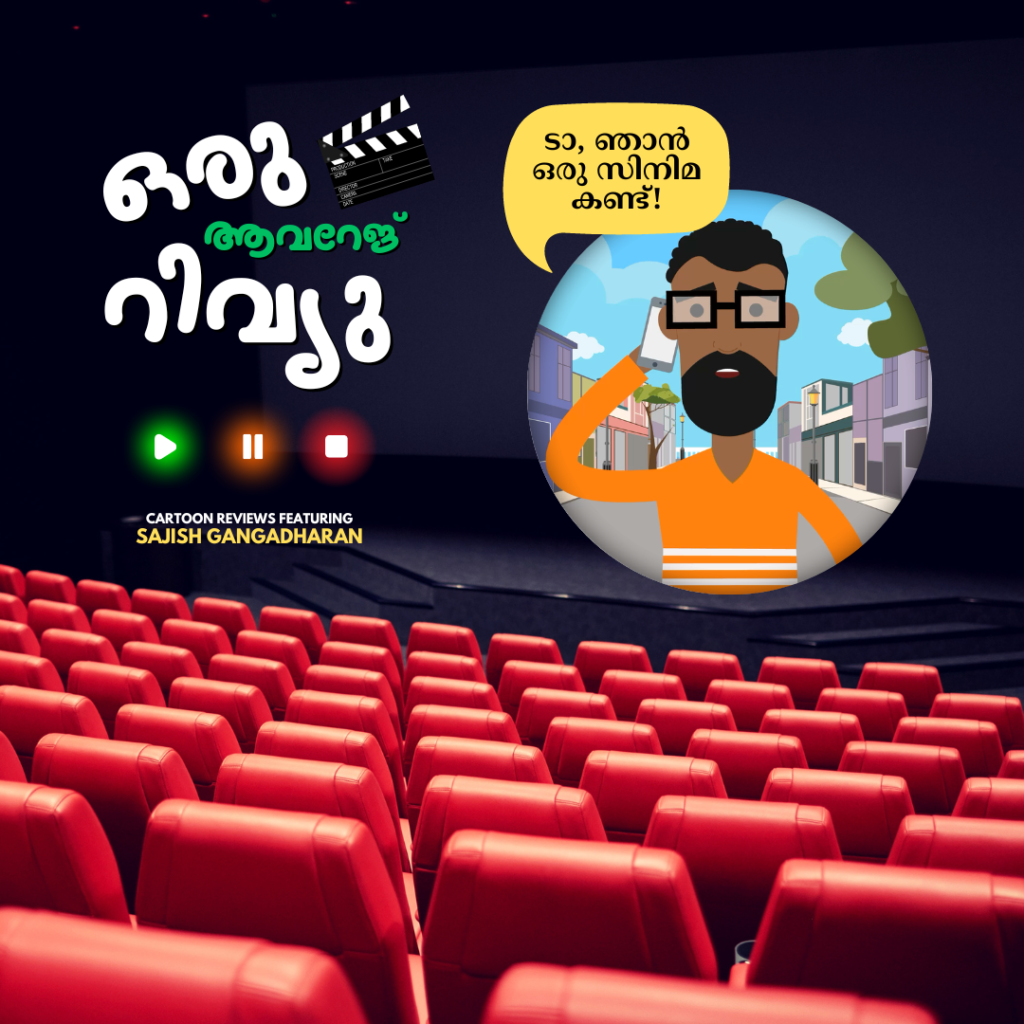![]()
![]() A POLITELY ENGLISH HATE LETTER TO CRITICS
A POLITELY ENGLISH HATE LETTER TO CRITICS ![]()
![]()
A majority of 51% of professional critics on the Rotten Tomatoes website actively dislike “The Critic” while an even larger majority of 71% of paying viewers like it. What does this tell us about the schism between audience and critics, not to mention the snarky natures of critics themselves? Well, as Steven Spielberg put it:
“Some people only seem to be able to be creative when they’re being vituperative about someone else’s work. Hey, they’ve got their job, I’ve got mine. And I’m happy I’ve got mine.”
Nowadays critics aren’t the makers and breakers of shows they used to be so much as glorified promoters pushing a line and even the few reviewing honestly aren’t exactly household names, but I enjoy the central concept of “The Critic” that in 1932 within the theatrical world of London, there was a venerable scribbler everyone called “The Beast” who had the power to make new stars but usually preferred to crush them since his readership adored his acid wit and he was lustful of immortality in his field.
It takes an even smaller leap of imagination to accept that an ambitious actress trading on her looks and feminine charms but dreading the end of her pin-up girl years without a serious reputation to carry her safely to the A-list might agree to apply said charms to a certain gentleman more directly if the career rewards were right. No, not to the critic of the title who’s as camp as a row of tents (and that’s a subplot of its own) but to the unhappily married owner of the newspaper the critic needs to blackmail to maintain his own position at the top. In return for such, um, intimate acting services, The Beast would publish glowing reviews of her public work on the stage and screen that made her the constant toast of the town ![]()
“Ambition Seduces, Power Corrupts” is the slug-line used to describe this pair who enter a Faustian deal to make their showbiz dreams come true and let’s just say it doesn’t go the way they planned. But as they say in the travel business, getting there is half the fun and in this case it’s all the fun because their relationship hits so many colourful notes. Now at this point I’m going to do a little critiquing of my own, and if that makes me a goddamn hypocrite after quoting Steven Spielberg that creators should stick to creating, so be it.
Q: How many actors does it take to change a light bulb?
A: Ten. One to change it and the other nine to explain the ways they would have done it better.
So here’s my beef. It’s not a smart-mouthed, laugh-a-minute comedy replete with zingers and amazing repartee despite being centred on a writer and an actor, and I’ll be damned if I know why they didn’t polish the script that way. It’s played instead as serious drama and it’s dark and kinda slow and it’s a shame because Ian McKellen is hilarious as himself (see my links in the first few comments) while Gemma Arterton could charm the pants off anything that moves and yet they just don’t have a whole lot of material to work with. What they have instead is so intent on sounding “period” that the jokes are pretty few and far between.
On the upside, I adore the love-hate vibe between this overambitious pair, their moments of sweetness, and the way the critic mentors the neurotic younger actress into a truly great performance he can at last review as such. Or as I put it in my review on Rotten Tomatoes, this wandering character exploration is:
“An ever-so-English actors’ movie about acting, mainly played between two powerhouse performers in Ian McKellen and Gemma Arterton; one a force for pure malice and loving it, the other a force for love and sex and hating it, and each possessed of a desperate hunger for public fame that brings the both of them undone. I’d call it “classic tragedy” of the kind their characters play onstage and on the page except it’s too perverse and intermittently sweet/cruel/unexpected to fit that mould. What’s fascinating is to see professional critics talking it down while public reviewers talk it up because it’s really a kind of hate letter to critics.
It’s well-crafted, haunting, nostalgic and occasionally funny, a bit of a mess much like the characters in its cast, and yet it makes you think ![]() So screw the critics, go out and see it at a cinema while you can. It’s ART, my friends!”
So screw the critics, go out and see it at a cinema while you can. It’s ART, my friends!”
…Oh yes, I deffo recommend it after all that scribble and babble ^^ It’s a world where a man of letters uses words as deadly weapons which is interesting and rare, it’s made for grown-ups and for those who like that old school British craft and sense of how things used to be. I saw it twice to support my local (sitting yet again in matinees with just 2 other people) and for all the naughty things I say about actors, God they’re good in the land of Shakespeare to this day ![]()






Leave a Reply